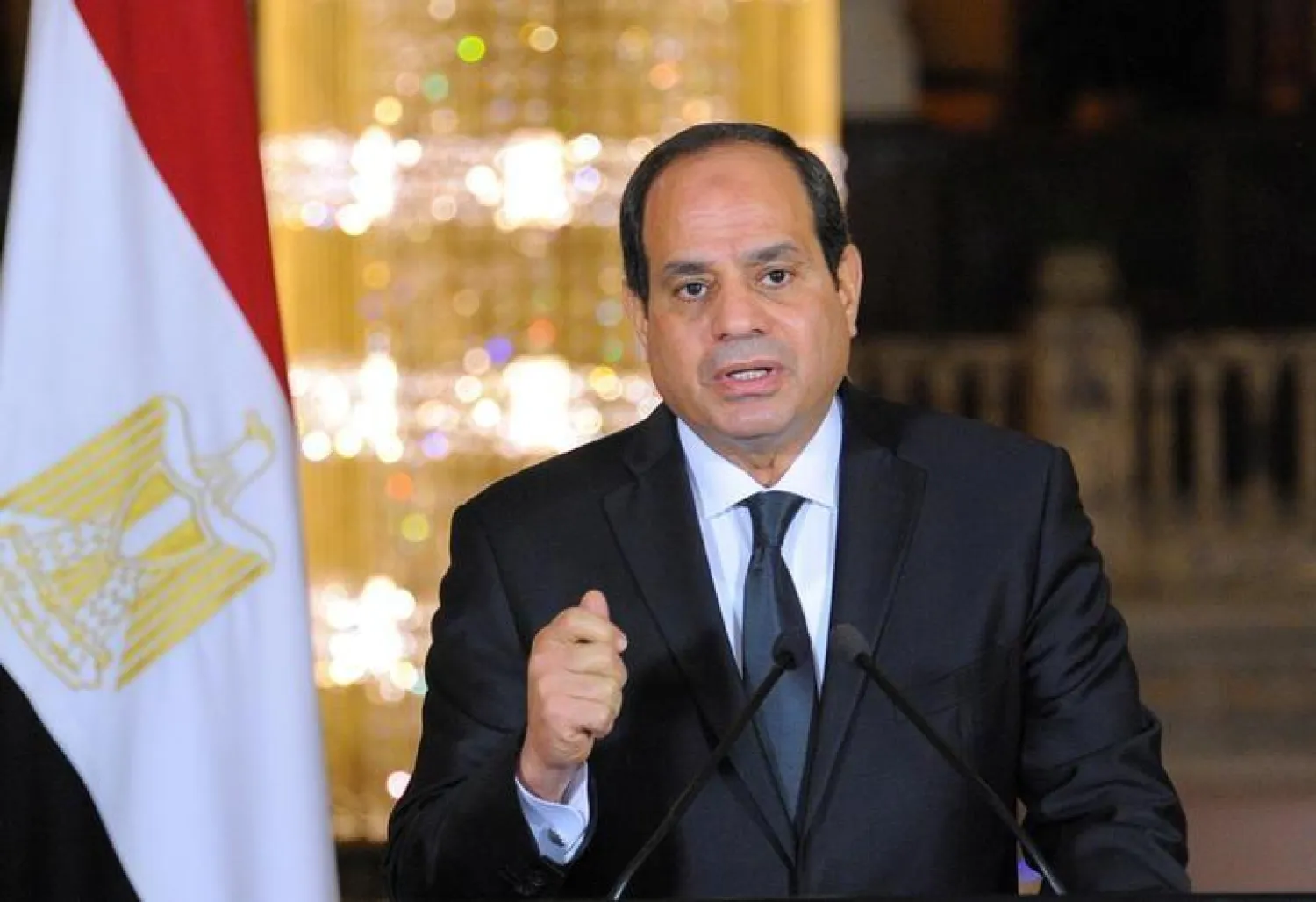Egyptian President Abdel Fattah el-Sisi called on the National Council to Confront Terrorism and Extremism to draft and adopt a comprehensive national strategy to fight terrorism and extremism, on the internal and foreign levels, to include various security, cultural, economic, social and media aspects.
Meanwhile, Egypt’s interior ministry announced the seizure of the largest explosives factory that belongs to a terrorist movement named “Hasm” and the liquidation of two of its members.
In July, Sisi issued a decree to establish a national council to counter terrorism and extremism, which has broad authority to develop policies aimed at “countering all forms of extremism.”
The Egyptian president chaired on Thursday the first meeting of the National Council, calling for the adoption of a comprehensive national strategy to combat terrorism and extremism on the internal and international levels, within a framework that covers the security, cultural, economic, social and media aspects.
In the last four years, Egypt has been fighting militants who perpetrated terror attacks against army and police officers, mostly in north of Sinai.
During Thursday’s meeting, Sisi stressed to council members the importance of spreading moderate religious discourse and virtuous concepts, as well as developing plans to protect young people from the dangers of extremism by providing job opportunities, presidential spokesperson Alaa Youssef said in a statement.
He also urged a revision of counterterrorism legislation domestically and internationally, as well as enhancing coordination and cooperation between state apparatuses on fighting terrorism.
Meanwhile, the Egyptian interior ministry said that police have uncovered and seized the biggest explosives factory in Wadi Al-Natroun southwest of Beheira governorate, in an operation during which two members of the Hasm terrorist group were killed.
“A large amount of chemicals used for making explosive devices was seized following the raid,” the ministry said in a statement.
Hasm group, the organization that the two gunmen were loyal to, claimed responsibility for a number of terrorist attacks that killed several policemen in Egypt.









